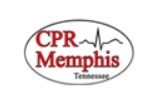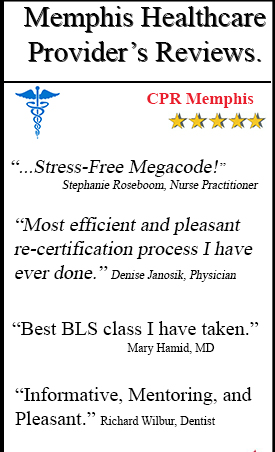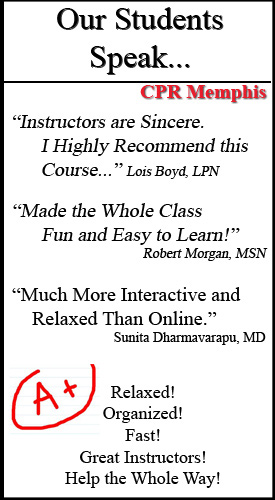What is Tourette Syndrome by Caroline Coley
Call Us Now
Get the Best CPR Class in Memphis Today!
Tourette Syndrome (TS) is a disorder that I have come to understand through a childhood shared with my brother who was diagnosed at 11 with this disorder. This became a shared experience as my family learned about my brother’s disorder and how we could help him cope. It was not an easy childhood, however, as an adult he displays very few symptoms and most would not even know he has the disorder. Today he is 33 years old, a college graduate, and working at the top of his field for Microsoft. Tourette Syndrome is often used as a punch line for excessive cursing and I hope this paper sheds a little light on a disorder that not many people know much about.
Tourette Syndrome is a neurological disorder that commonly becomes evident between the ages of three and nine years. Tourette’s has been diagnosed in all ethnicities, but is three to four times more common in males than females. A diagnosis is characterized by motor and vocal tics, which persist for a year or longer. In most cases, these tics are worse during the early teen years and get progressively better through the late teen years and adulthood. Many people experience an improvement in adulthood and as many as 1/3 of patients experience remission of tics in adulthood.
Tics are the primary symptom involved in Tourette Syndrome. Tics are an involuntary movement or vocalization that is repeated over and over. These can be classified as simple and complex as well as motor and vocal. Common simple motor ticks consist of blinking, facial grimaces and jerking of the head. Complex motor ticks are more involved and some examples are smelling, touching and jumping. Simple vocal tics usually involve throat clearing or sniffing. More complex vocalizations involve uttering words and phrases. Coprolalia is the most extreme version of a complex vocalization. This is the uttering of socially inappropriate words such as curse words. This affects only a small number of Tourette Syndrome patients, about 10 percent. The first symptoms of Tourette Syndrome often involve simple motor tics of the head and neck. Tics may then later manifest into motor tics of the trunk and vocal tics. People with Tourette Syndrome often claim to have a premonitory urge right before the onset of a tic. This urge is compared to an itch or a tingle, which can be relieved by completing the tic. Some people with this disorder can hold back the tic with great effort until a more appropriate time when they can express their tic.
Many people with Tourette Syndrome have other behavioral problems that can cause more harm than the actual tics. Some of these problems include Attention Deficit Disorder, Attention Deficit Hyperactive Disorder, inattention, and impulsivity. While the tics often subside in adulthood, these additional problems that Tourette Syndrome patients can have usually remain with the patient for life.
The cause of Tourette Syndrome is currently still unknown. Research seems to indicate that it is linked to abnormalities in certain brain regions and abnormal activity of neurotransmitters, mainly dopamine. Studies indicate that Tourette Syndrome is an inherited disorder. A person who has TS has a 50 percent chance of passing on the gene to offspring, but it may not always manifest as Tourette Syndrome. It may present as a tic disorder or obsessive compulsive behavior in offspring.
Call Us Now
Get the Best CPR Class in Memphis Today!
There is still no cure for Tourette Syndrome. Most patients don’t even require medication, as their tic symptoms do not cause impairment. There are medications available, but there isn’t one that works best for all Tourette Syndrome patients. There also is not a medication available that completely eliminates the symptoms. There are relatively effective medications used for the treatment of the associated behavioral problems that often accompany TS. For many patients, supportive therapy helps individuals cope with their tics.
While there is no cure for Tourette Syndrome, most patients improve drastically in their late teens and adulthood. Tourette Syndrome does not affect life span or levels of intelligence. Most TS patients go on to lead very normal and symptom free lives.
References
http://tsa-usa.org/aMedical/whatists.html
http://www.ninds.nih.gov/disorders/tourette/detail_tourette.htm
http://www.mayoclinic.com/health/tourette-syndrome/DS00541/DSECTION=symptoms









